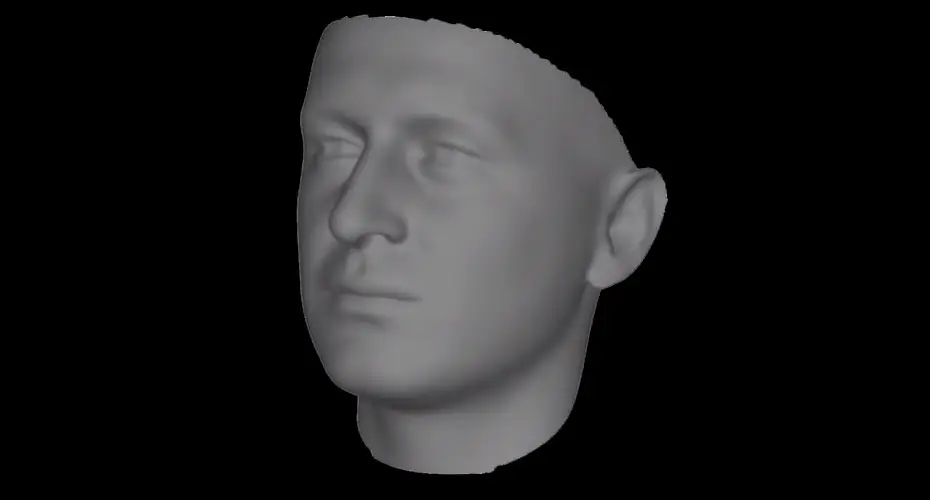Machine Learning and Optimisation
The intersection of machine learning and optimisation represents one of the most dynamic areas in modern computer science. Global investment in AI systems is projected to reach $300 billion by 2026, with applications increasingly spanning critical domains from climate science to healthcare. As these systems grow in complexity, the need for explainable, ethical, and resource-efficient approaches becomes increasingly vital. Modern machine learning models often involve billions of parameters, creating significant computational and algorithmic challenges that require novel optimisation techniques to address effectively.
In our group we conduct fundamental and applied research in the interrelated areas of machine learning, computer vision and optimisation. Our research focuses on developing innovative algorithms, advancing model interpretability, and creating practical applications across diverse domains including healthcare and environmental science. We combine theoretical advances with real-world problem-solving, using techniques such as evolutionary computation, Bayesian optimisation, and novel deep learning approaches.
Members
- Professor Richard Everson - Professor (E&R)
- Professor Jonathan Fieldsend - Professor (E&R)
- Professor Ed Keedwell - Professor (E&R)
- Professor Shiqiang Wang - Professor (E&R)
- Dr Guoqiang Zhang - Senior Lecturer (E&R)
- Dr David Walker - Senior Lecturer (E&R)
- Dr Alberto Moraglio - Senior Lecturer (E&R)
- Dr Sareh Rowlands - Senior Lecturer (E&R)
- Dr Xingchen Zhang - Senior Lecturer (E&R)
- Dr Tinkle Chugh - Senior Lecturer (E&R)
- Dr George de Ath - Lecturer (proleptic) (E&R)
- Dr Aishwaryaprajna - Lecturer (E&R)
- Dr Tianjin Huang - Lecturer (E&R)
- Dr Gaojie Jin - Lecturer (E&R)
- Dr Ronghui Mu - Lecturer (E&R)
Current research projects
- AI agents for air traffic control: Developing intelligent systems that safely control aircraft in UK airspace sectors, embedding good control practices while handling complex scenarios including storms and multi-sector coordination
- Multi-objective optimisation for expensive design problems: Creating innovative approaches that combine machine learning, Bayesian statistics, and evolutionary computation to efficiently optimize complex design parameters
- Explainable AI for complex systems: Developing frameworks to make intelligent systems more understandable and interpretable
- Advanced computer vision for object tracking: Creating robust methods for tracking objects under challenging conditions
- Multi-objective genetic programming for infrastructure systems: Applying evolutionary algorithms to predict and mitigate issues in critical infrastructure
- Climate modelling using machine learning: Exploring how ML techniques can enhance understanding of complex climate phenomena
- Safety in Smart Vehicles - project addresses the challenge of enhancing the safety of smart vehicles (SV) in less structured environments, such as pedestrian junctions and mixed-traffic areas
Research topics
- Evolutionary Computation and Genetic Programming
- Multi-objective and Many-objective Optimisation
- Bayesian Optimisation and Surrogate Modelling
- Explainable AI and Model Interpretability
- Computer Vision and Image/Video Analysis
- Statistical Pattern Recognition
- Machine Learning for Climate Science and Environmental Applications
- Machine Learning for Healthcare and Medical Imaging
- Deep Learning and Neural Networks
- Generative AI and Diffusion Models
- Black-box Attack Detection and Adversarial Learning
- Quantum Optimisation and Quantum Machine Learning
- Data Mining and Network Analysis
- Human-in-the-loop Optimization and Decision Support
- Uncertainty Quantification and Management
- Nature-inspired Computation (Swarm Intelligence, Evolutionary Algorithms)
- Hyper-heuristics and Metaheuristics
